Late-night television thrives on surprise, satire, and cultural commentary, but rarely does it deliver all three in a single night. That’s exactly what happened when Jimmy Kimmel and Stephen Colbert pulled off one of the most talked-about crossovers in late-night history — guesting on each other’s shows in back-to-back episodes.
What began as a lighthearted stunt quickly transformed into something larger: a commentary on media, politics, and the changing face of late-night entertainment.
The Big Switch
Audiences tuning in on September 30 expected typical programming — a Kimmel monologue in Brooklyn, a Colbert desk segment in New York. Instead, they were treated to a spectacle. Colbert walked onto Jimmy Kimmel Live! as a guest, and not long after, Kimmel appeared on The Late Show with Stephen Colbert.
The energy was electric. Viewers felt as though they were witnessing not just a playful swap, but an act of solidarity between two of the genre’s most influential hosts.
Comedy Meets Politics
Both hosts used the crossover to flex their comedic instincts while leaning heavily into politics and cultural satire.
- Kimmel fired off jokes about the looming U.S. government shutdown, tying fiscal dysfunction to larger questions about leadership. He couldn’t resist taunting Donald Trump, weaving in barbs that had the audience erupting with laughter.
- Colbert, meanwhile, used his turn to mock media gatekeepers, pointing out the absurdities of network politics, corporate oversight, and the precarious balance late-night hosts face between humor and controversy.
The result was a rare moment where comedy doubled as cultural critique, with two masters of the format reminding audiences that late-night remains one of the last strongholds of unfiltered political satire.
Timing That Mattered
The crossover didn’t occur in a vacuum.
- Kimmel had only recently returned to his show after a brief suspension tied to controversial remarks.
- Colbert, on the other hand, is nearing the end of his tenure, with his show confirmed to end in May 2026 after a decade on air.
This timing gave the collaboration added significance: one host navigating turbulence, the other preparing his farewell run. Their alliance felt like both a protest and a celebration.
A Statement on Solidarity
Late-night shows have historically competed fiercely for ratings and attention, but the Kimmel-Colbert crossover rejected the idea of rivalry. Instead, it sent a clear message — in a shifting media world where cancellations are abrupt and criticism constant, hosts can stand together as allies.
Even the staging reflected this theme. When Colbert walked onstage at Kimmel’s Brooklyn-based taping, Kimmel introduced him with the tongue-in-cheek line, “The show the FCC doesn’t want you to see.” It was part joke, part rebellion, underscoring the sense that the crossover was about more than ratings.
Risks and Rewards
For networks, such crossovers can be tricky. They blur the lines between brands and test the patience of executives wary of pushing boundaries. But for audiences, the result was refreshing.
Rather than seeing two competitors fighting for the same slice of viewership, fans were treated to collaboration, friendship, and mutual respect. It was also a gamble that paid off: social media lit up with clips, and the experiment is already being hailed as one of late-night’s boldest moves in years.
What It Means for the Future of Late-Night
With Colbert nearing his final season and Kimmel continuing to court both controversy and admiration, this crossover may mark a turning point. Late-night talk shows are under pressure from declining viewership, streaming platforms, and a cultural shift toward bite-sized digital content.
By joining forces, Colbert and Kimmel may have hinted at a future where late-night adapts by embracing collaborative spectacles, less about individual shows and more about collective moments that resonate across platforms.
Final Thoughts
What was billed as a fun stunt ended up becoming one of the most talked-about late-night events in years. Jimmy Kimmel and Stephen Colbert didn’t just swap guest chairs — they made a statement about resilience, unity, and the enduring power of political satire in turbulent times.
Their crossover may not save the genre, but it has already cemented itself as a cultural milestone in late-night history.

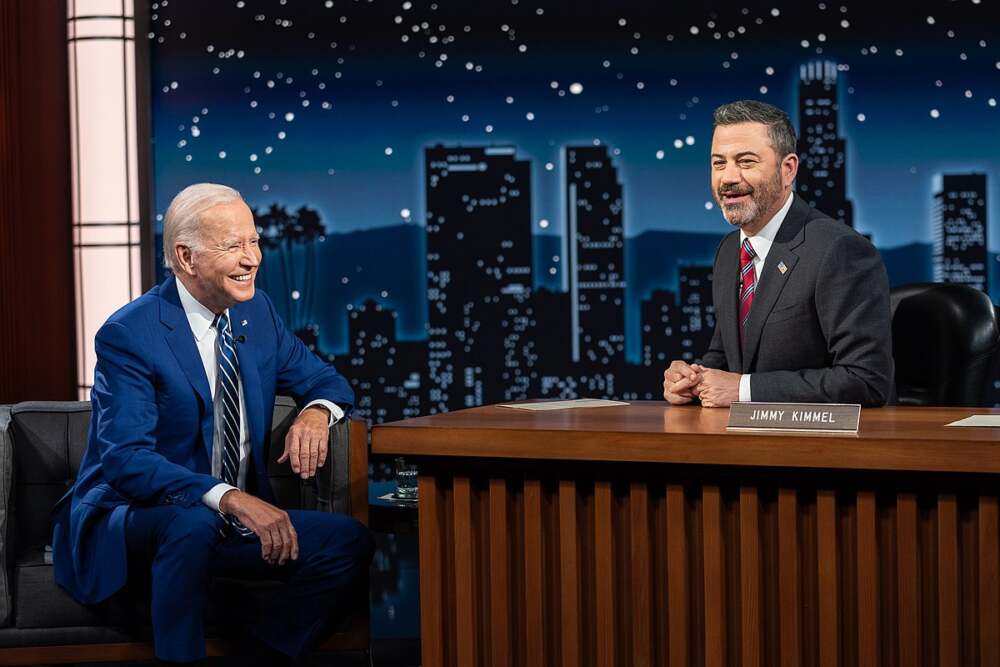
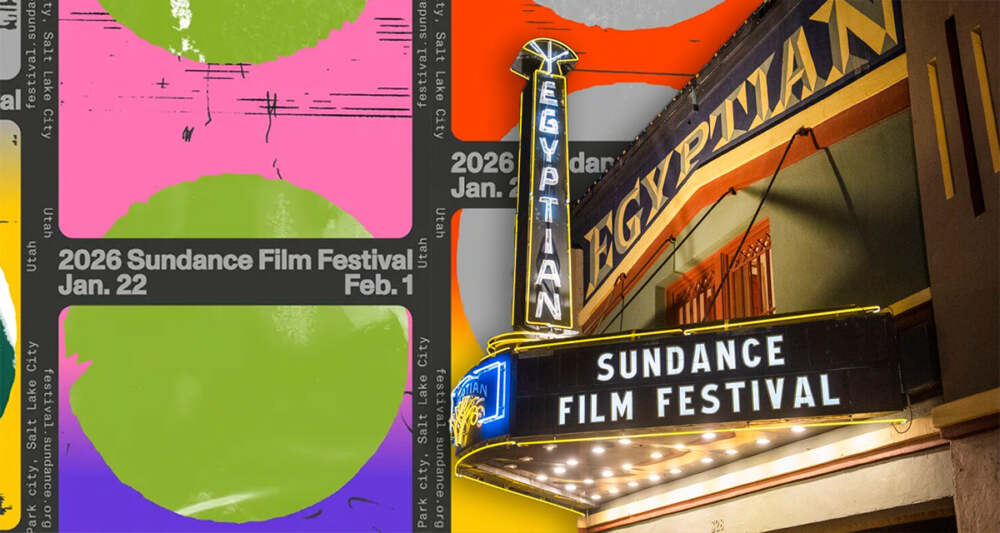
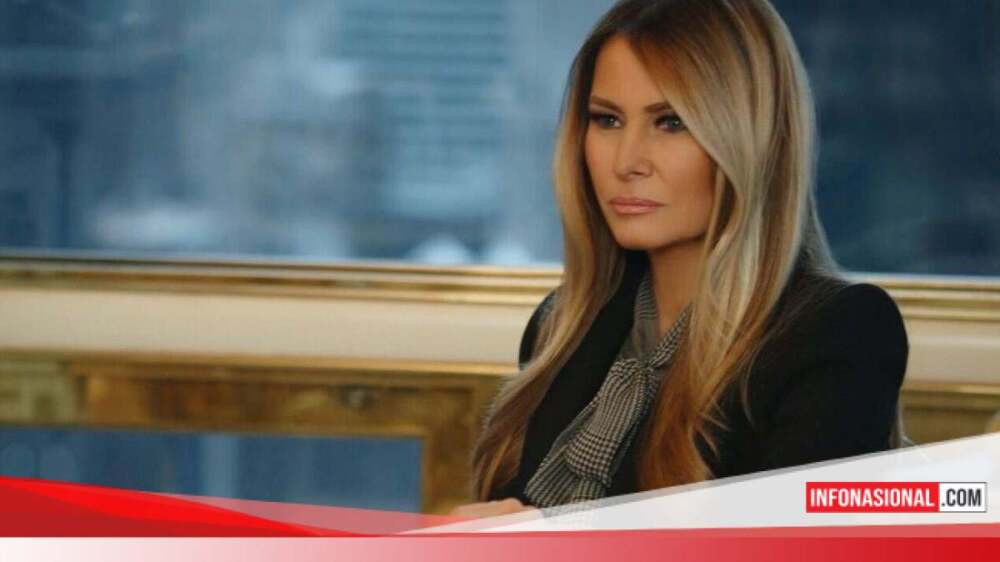
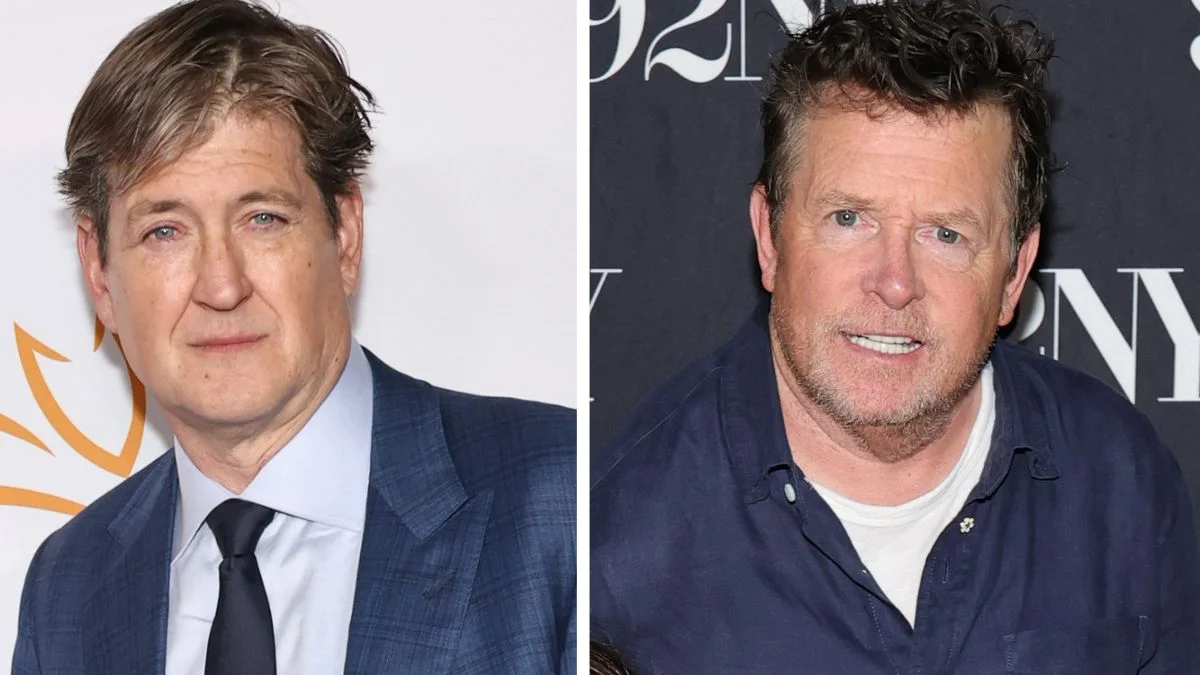
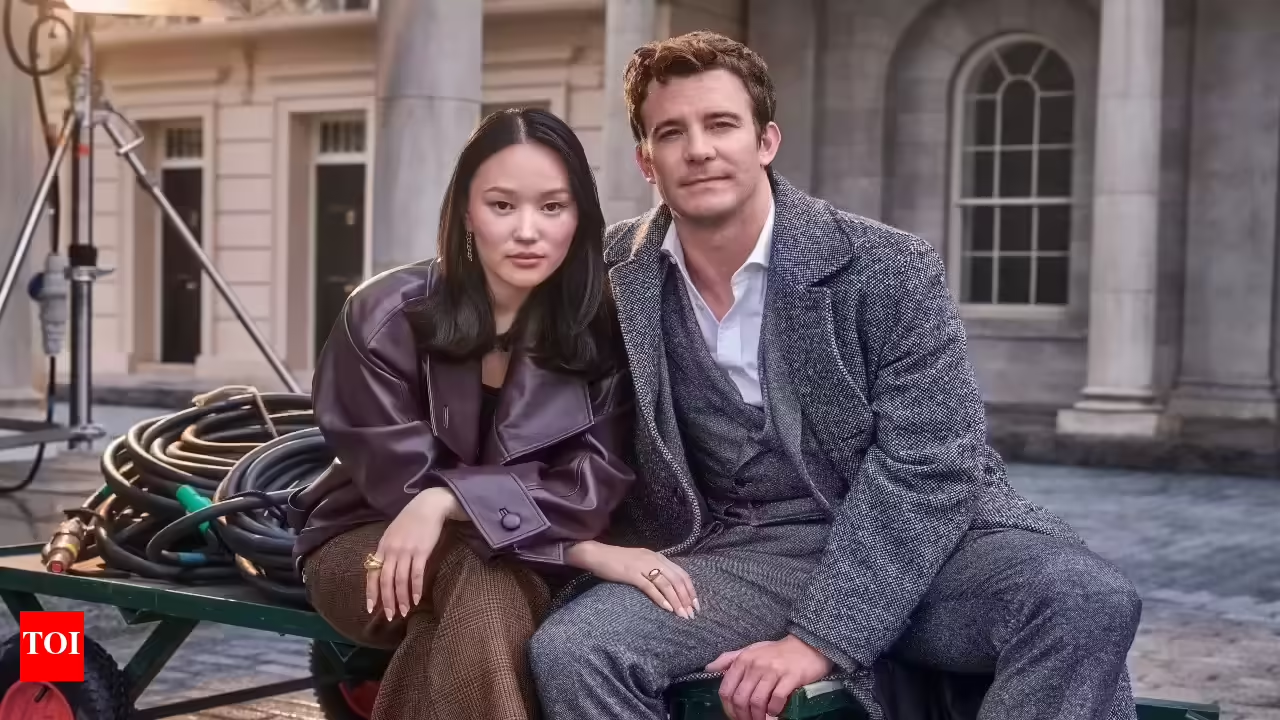

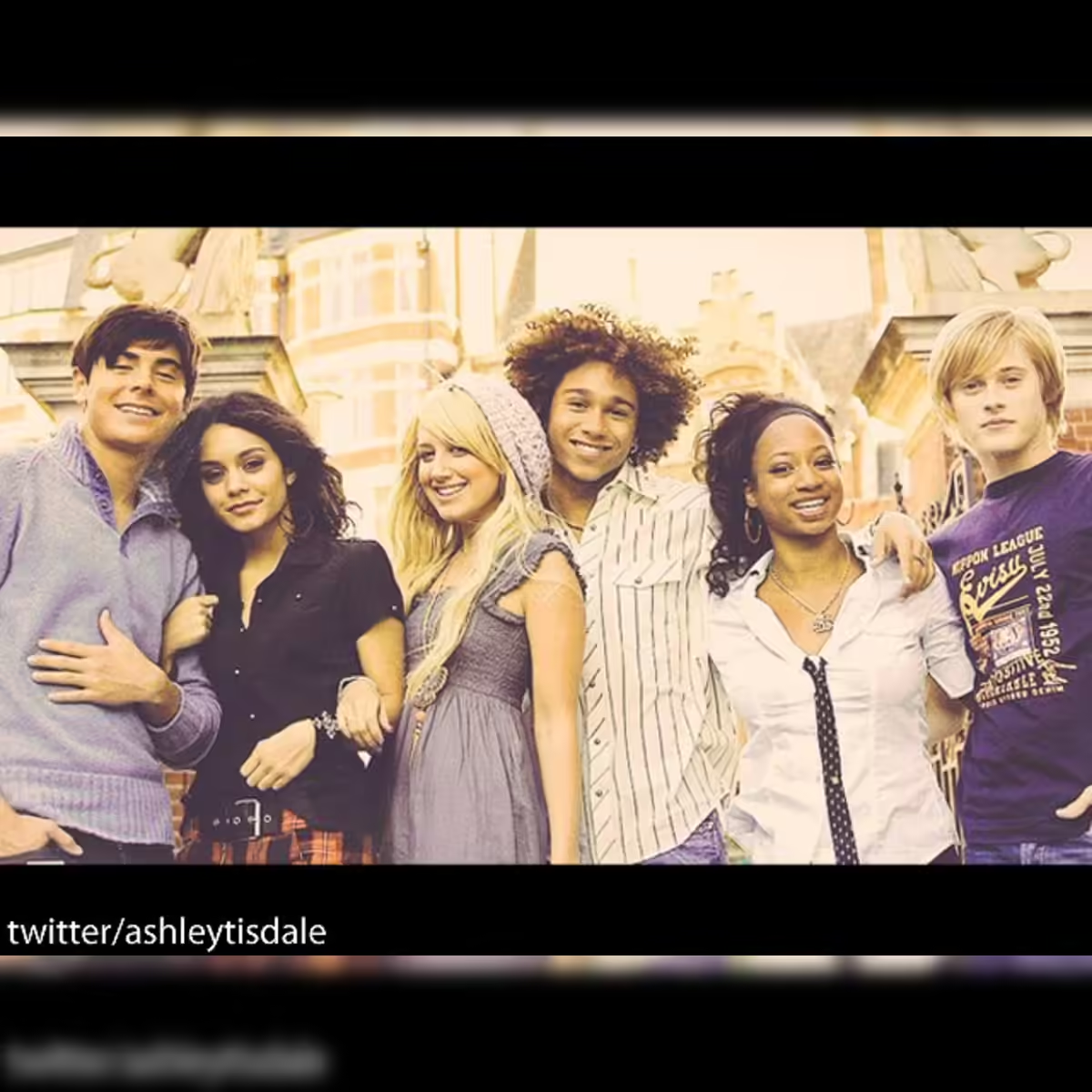


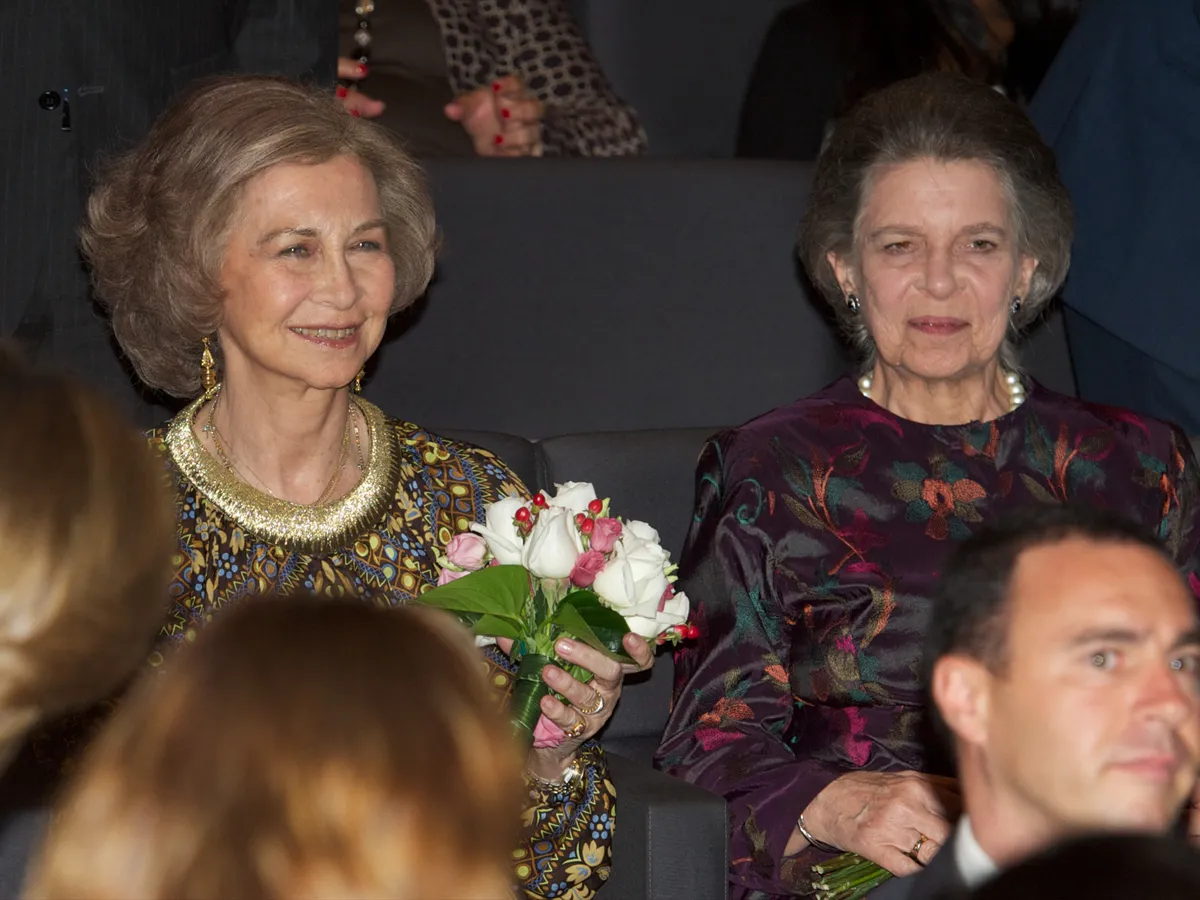
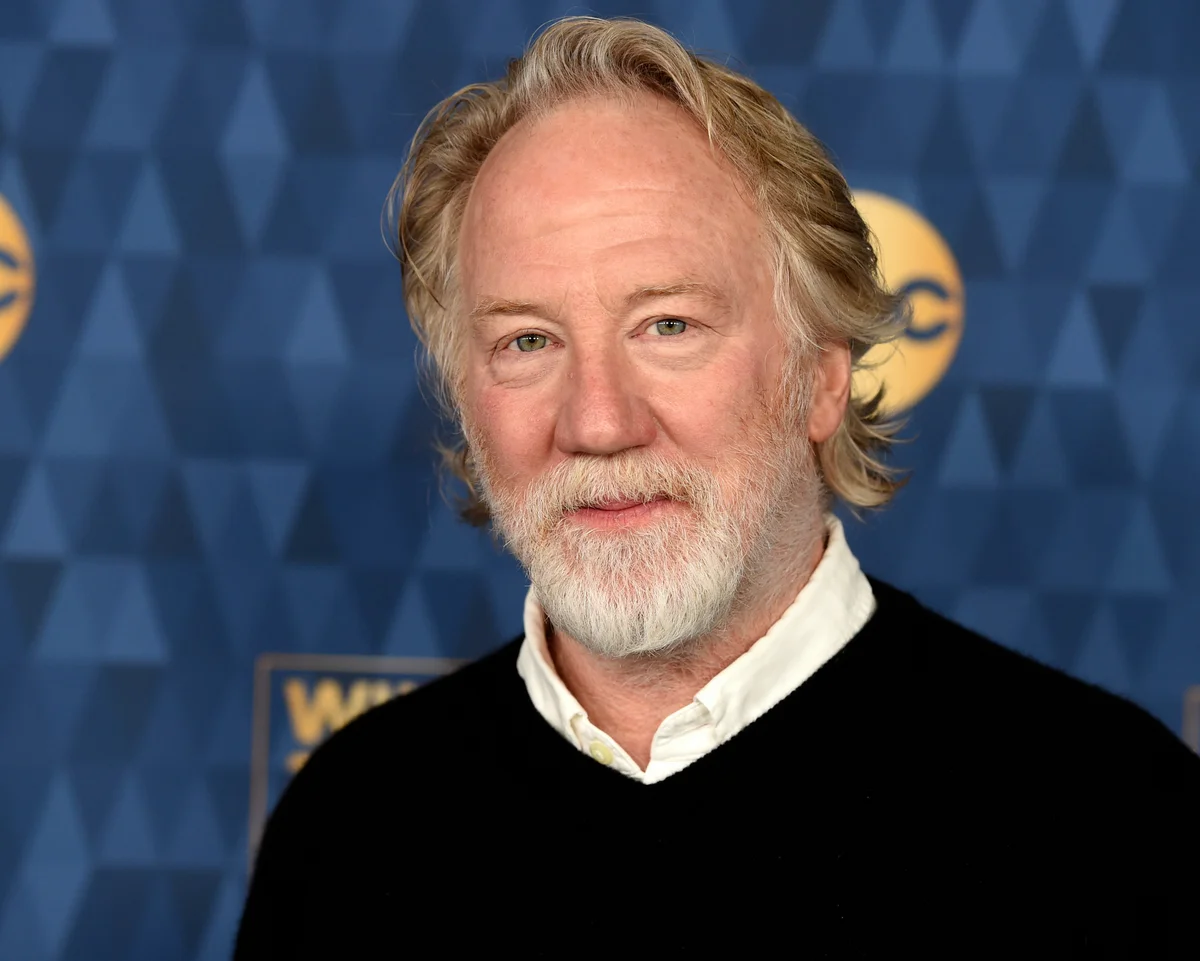




Leave a Reply